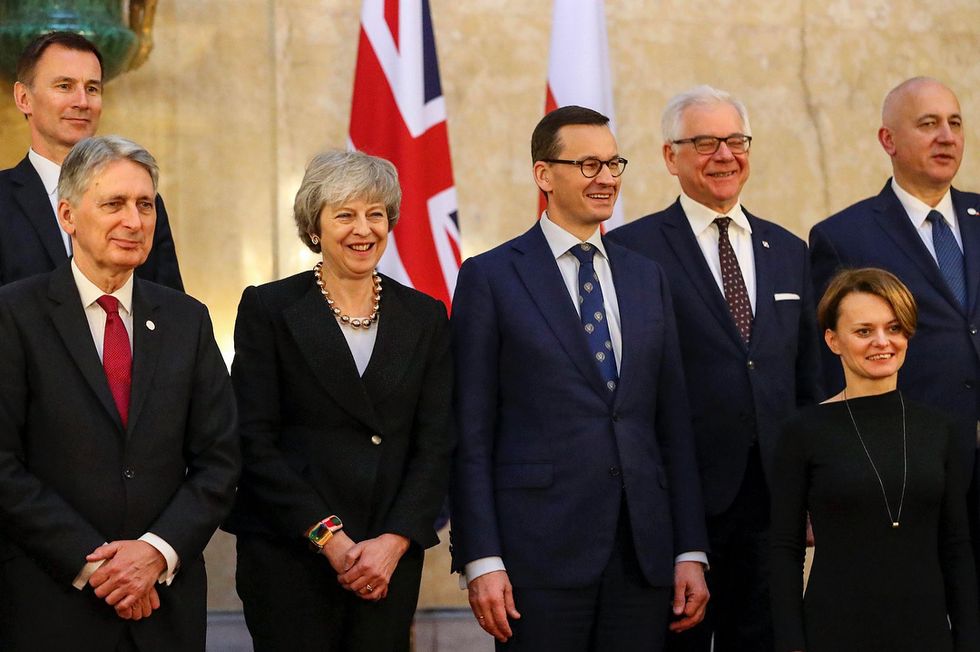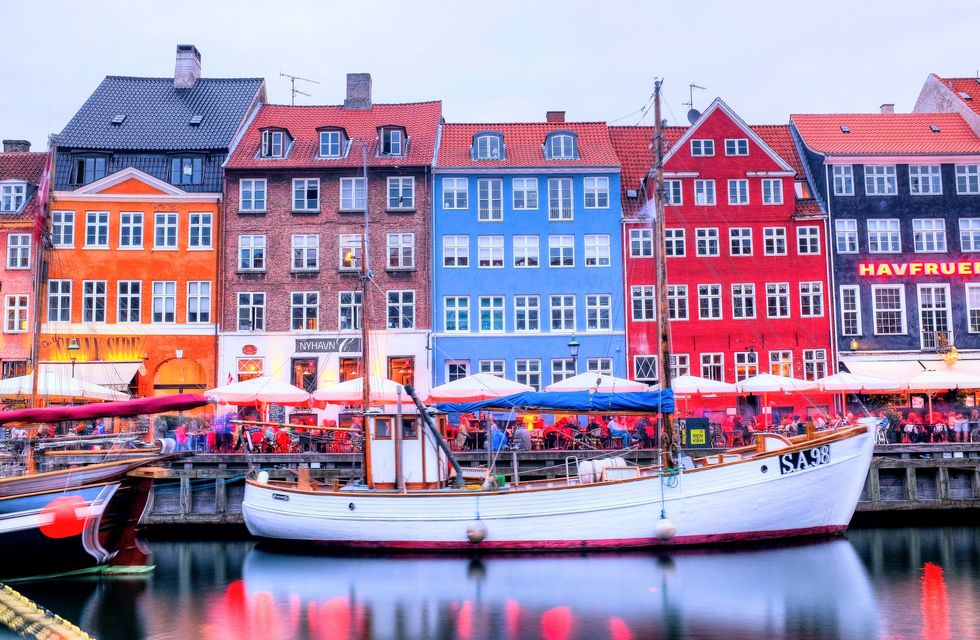Theresa May's Brexit Deal is Dead: What Comes Next for the United Kingdom?
Despite opposition from Labour, the Liberal Democrats, and Scottish Nationals, May's government fights on.
Almost exactly one month ago, I wrote about British Prime Minister Theresa May's survived vote of no confidence amongst her Conservative Party colleagues in the lead up to a subsequent vote on her Brexit deal.
Well, that vote on her Brexit deal has come and gone, and splitting along similar lines, May's Brexit deal as it once stood is dead.
Suffering a historic defeat for a ruling prime minister, 202 voted in favor of May's deal while 432 voted against it, including 118 members of her own party.
Subsequently, Labour Party leader Jeremy Corbyn called for a House of Commons-wide vote of no confidence in May's leadership. The result did not break his way, however, as May's Conservative Party largely held ranks. The prime minister's government won the vote 325 to 306. Though a slim margin, the result ensured that Theresa May would remain in control and continue negotiations on the Brexit deal.
May has since introduced a new Brexit deal to Westminster, which would necessitate a permanent end date for an Irish backstop agreement, allowing some provisions for Northern Ireland to retain closer ties to the EU than the rest of the UK ultimately would. Such a deal has already been rejected in previous negotiations by both the European Union and the Republic of Ireland. As such, further negotiations will likely still need to take place between London, Brussels, and Dublin.
So, what does all of this mean for the 2017 referendum? Well, as I stated when I first examined May's survived vote of no confidence within her own party, it's complicated.
Jeremy Corbyn had hoped that enough disgruntled Conservatives would have voted against May, triggering a general election and allowing he and his Labour Party to (presumably) replace the Conservatives as the ruling government. He had accused May of leading a "zombie government" and reminded British citizens that no prime minister had ever stayed on after suffering such a political defeat as May's first Brexit deal did. Indeed, May's Conservative predecessor, David Cameron, stepped down in 2016 after his government had supported a "remain" vote in the Brexit referendum.
And yet, like some kind of political prizefighter, Theresa May refuses to go down.
Moving forward, many have pushed Theresa May to consider an extension on the March 29th deadline, in which the United Kingdom is finally expected to leave the European Union. In conjunction, many opposition leaders have agitated for a dismissal of any no-deal Brexit, in which the UK would leave the bloc without negotiating any trade deals to replace its membership. Britain would instead have to rely on World Trade Organization rules until a different arrangement could be agreed upon.
This sort of "hard Brexit" is exactly what some determined Conservative MPs would most like to see, despite the fact that numerous economists have warned against the economic effects of doing so. Doing so could lock up ports and other international boundaries almost immediately, and products that are of a time sensitive nature (such as food) may be forced to expire in such a scenario.
While May's "plan B" is still relatively new, it will not likely be the final say on anything having to do with Brexit. Rather, we will have to wait and see while negotiations continue, though given the recent developments, this time with a much greater sense of tension.


































